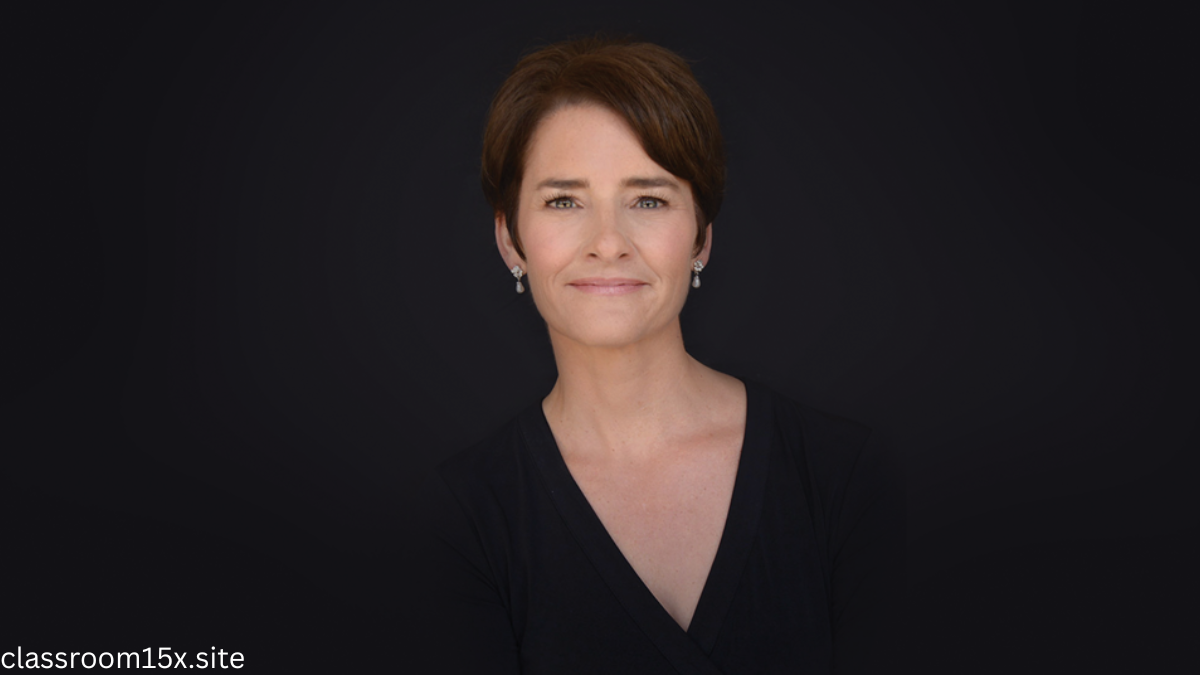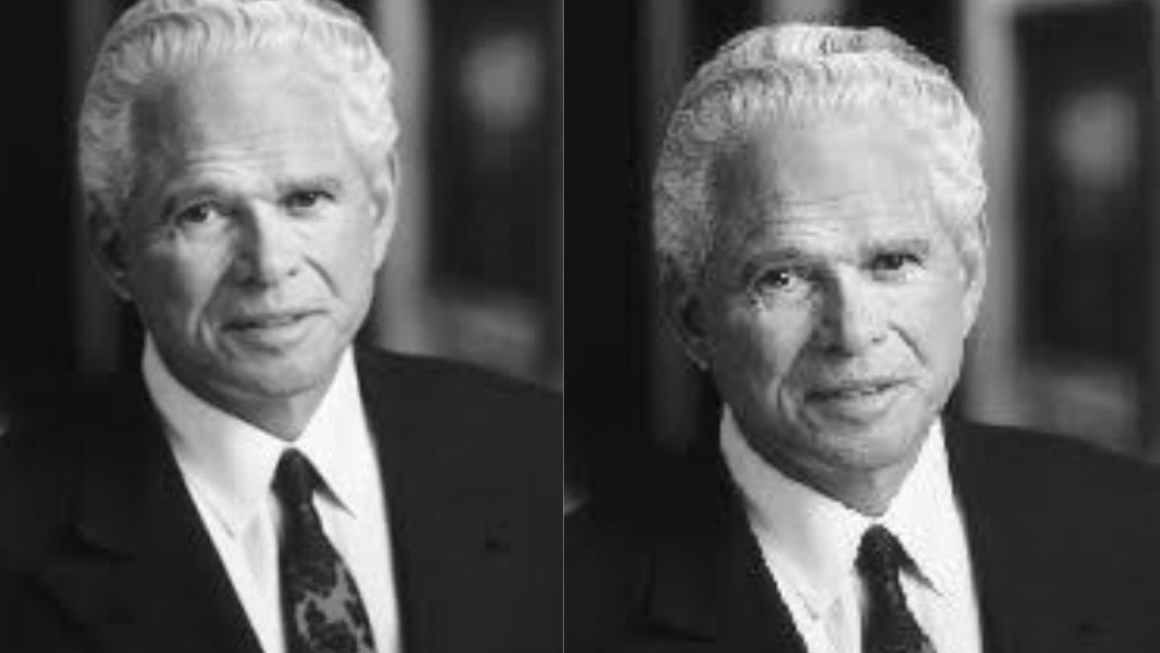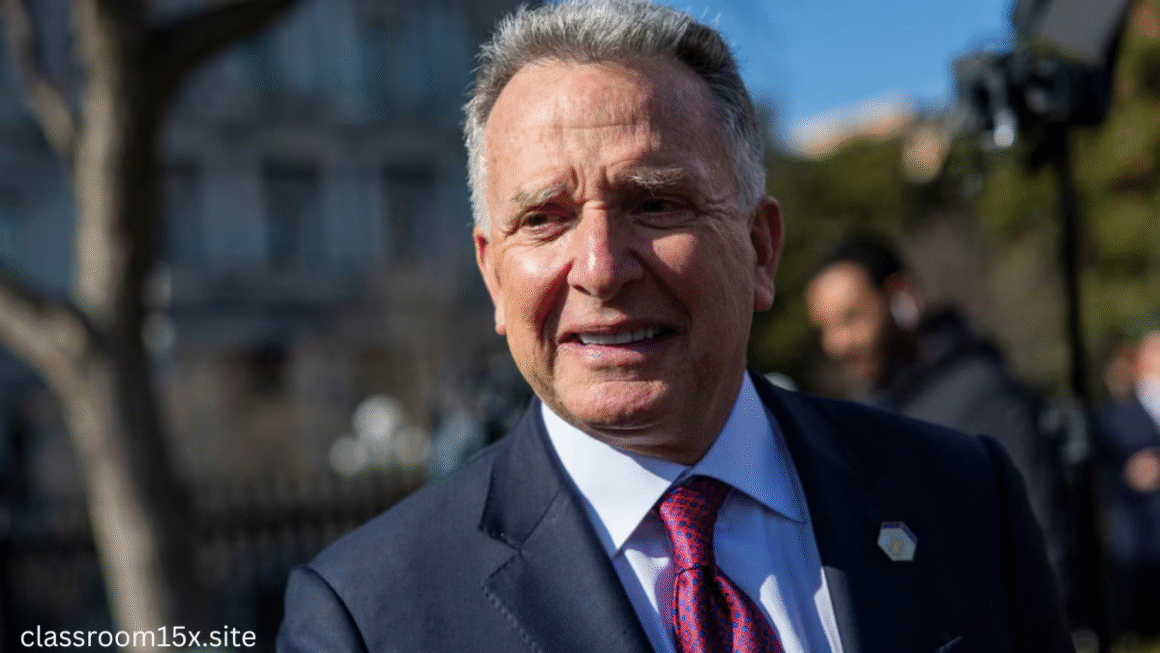Introduction
Julie Roys has emerged as one of the most influential voices in Christian journalism, particularly for her fearless investigative work uncovering wrongdoing within evangelical circles. Known for her unwavering commitment to truth and accountability, Roys has challenged the often insular nature of religious institutions, shining a light on abuses of power, spiritual misconduct, and systemic failures. Her rise from a respected broadcaster to a trusted investigative journalist is a testament to her dedication to transparency and justice.
In a religious world where reputation and silence sometimes take precedence over transparency, Julie Roys’ work serves as a crucial counterbalance. Her reporting has exposed high-profile scandals, sparked institutional reforms, and given a voice to survivors of spiritual abuse. This article explores Julie Roys’ career journey, highlights her major investigations, examines the influence of The Roys Report, addresses the controversies she faces, and considers the future of faith-based investigative journalism. By understanding her work, readers gain insight into the growing demand for integrity within evangelical institutions and the essential role journalism plays in achieving that goal.
The Journey of Julie Roys: From Broadcaster to Investigative Journalist
Julie Roys began her career within the Christian media landscape as a radio broadcaster, notably with Moody Radio. She quickly earned a reputation for thoughtful commentary and a strong grasp of theological and cultural issues. However, it was her natural curiosity and passion for truth that eventually led her to pursue a more investigative approach. Roys recognized the growing need for accountability in the church, particularly as numerous stories of abuse and corruption emerged.
Her transition from broadcaster to investigative journalist was marked by a commitment to digging deeper than typical religious news reporting. She founded The Roys Report, a platform dedicated to exposing wrongdoing and calling out abuses of power within evangelical institutions. Roys’ journey is shaped by personal convictions and a strong sense of responsibility to hold religious leaders accountable. Through perseverance and a fearless approach, she has become a beacon for many seeking transparency in religious communities julie roys.
Exposing the Truth: Major Investigations and Reports by Julie Roys
Julie Roys is perhaps best known for her groundbreaking investigations into some of the most significant scandals in modern evangelicalism. Her coverage of Harvest Bible Chapel’s leadership controversies and the Ravi Zacharias sexual misconduct revelations are prime examples of her impact. By uncovering details often overlooked or suppressed, Roys has brought crucial issues to light, forcing church leaders and organizations to confront uncomfortable truths.
Her investigative process is meticulous and ethical, relying on verified sources, documented evidence, and careful fact-checking. This dedication to accuracy distinguishes her from sensationalist reporting, garnering respect even from some critics. The outcomes of her investigations have been profound — leading to resignations, policy changes, and a greater awareness of systemic issues like spiritual abuse and institutional cover-ups. More importantly, her work has given voice to survivors who previously felt marginalized or ignored within church structures.
The Roys Report: Mission, Growth, and Influence
The Roys Report is not just a news site; it’s a movement toward accountability and reform within evangelicalism. Founded by Julie Roys, the platform’s mission is to provide transparent, in-depth reporting on church scandals, leadership failures, and theological controversies. It emphasizes the importance of truth and integrity, positioning itself as a trustworthy source for Christians who demand honesty from their faith leaders julie roys.
Over the years, The Roys Report has expanded beyond written articles to include podcasts, newsletters, and active engagement on social media. This growth has amplified its influence, reaching a diverse audience hungry for reliable news within a typically private religious culture. Collaborations with other watchdog organizations and independent journalists further strengthen its investigative reach. Financially supported through reader donations and crowdfunding, The Roys Report embodies the power of grassroots journalism in holding powerful institutions accountable.
Controversy and Criticism: Challenges Julie Roys Faces
Despite her commendable work, Julie Roys has not been without controversy. Many church leaders and organizations targeted by her reports have pushed back aggressively. She has faced accusations of bias, sensationalism, and even legal threats aimed at silencing her. Such backlash is common in investigative journalism but is particularly intense in the religious realm, where reputations and spiritual authority are highly valued.
Moreover, Roys navigates the delicate balance between exposing wrongdoing and maintaining respect for the faith communities she reports on. Critics argue that her reporting sometimes damages church unity, while supporters see it as necessary for reform and healing. Roys addresses these challenges by remaining committed to journalistic integrity, transparency about her sources, and a clear focus on truth. Her resilience in the face of opposition underscores the difficulty but necessity of faith-based investigative reporting.
The Future of Faith-Based Investigative Journalism
Julie Roys is at the forefront of a growing movement demanding greater transparency and accountability in religious institutions. Her work sets a high standard for ethics, accuracy, and courage in Christian media. As scandals and abuses continue to surface, the role of investigative journalism within faith communities is becoming increasingly vital.
Looking forward, Roys and others like her are shaping a new era where church leaders are held accountable not only by congregants but by independent watchdogs committed to truth. This shift promises healthier organizations, empowered survivors, and a more honest faith culture. The ripple effect of Roys’ work suggests that investigative journalism in religious spaces will grow, supported by audiences who value integrity over image.
Conclusion
Julie Roys stands as a powerful figure in investigative journalism, especially within evangelical Christianity. Her fearless reporting, dedication to truth, and ethical approach have exposed deep issues within church leadership and culture. As she continues to amplify the voices of survivors and demand accountability, her work exemplifies the essential role journalism plays in promoting justice and reform in faith communities. Supporting independent reporters like Roys is crucial for fostering transparency and integrity in religious institutions moving forward.
Also Read: leona kimes




